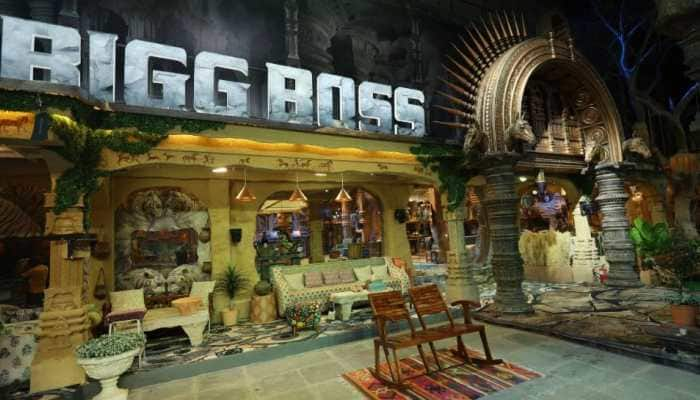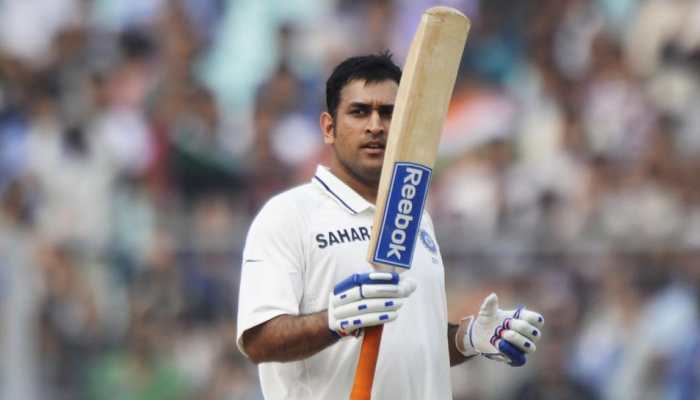Writers make way for directors but (B) connection stays!
If Bengali directors are the flavor of the season today in Bollywood, writers from the state are perhaps no longer in fashion.
Trending Photos
)
Twinkle Basu /Zee Research Group/ Delhi
Bollywood is all about changing trends. While Bengal connection is perhaps the sole element of continuity, the spotlight has now changed from writers to directors. If Bengali directors are the flavor of the season today in Bollywood, writers from the state are perhaps no longer in fashion.
This is evident from a spate of box Bollywood box office hits given in the recent past by Bengali directors like Dibakar Banerjee, Pradeep Sarkar, Shoojit Sircar, and Sujoy Ghosh. While the director have had a successful run, it has been a while that any well known Bengali writer’s work has been adopted for Bollywood.
That was not the case a few years ago when Bengali writers made it to the top grade of Bollywood, scripting the central theme. The last Box Office hit based on a Bengali writer’s work was Dev D in 2009 based on the work of Sarat Chandra Chatterjee.
Prior to that, Bollywood boasted of many a blockbuster presentations that originated from the creative work featuring top Bengali writers: Devdas, Parineeta and Dev D (Sarat Chandra Chatterjee), Kabuliwala (Rabindranath Tagore), Hazar Chaurasi Ki Maa and Rudaali (Mahasweta Devi) and Namesake (Jhumpa Lahiri), to name a few. The love affair with Chatterjee has manifested itself through Devdas which got adapted in Bollywood four times creating a record of sorts.
Interestingly, the Bengali story line got picked up by some of the best known names in Bollywood: P.C. Barua, Bimal Roy, Sanjay Leela Bhansali, Govind Nihalani, Mira Nair and Anurag Kashyap.
The chemistry between Bengal writers and Bollywood directors was ‘made for each-other’ story until 2009. Not that the two worked to a plan to make a success of it. Acclaimed Bengal based writer Mahasweta Devi put the relationship in perspective: “I liked the Hindi movie (Hazar Chaurasi Ki Maa). It was a good one. Govind Nihalani is a renowned director and he made that movie very sincerely.”
Besides this she is not sure either about the box office success or the lack of it that the stories written by Bengali writers got. Or she simply does not care: “I am unaware of the fact whether it made huge impact on the audience.” At the end of it Mahasweta Devi does not come across as a hard core Bollywood fan either.
But Bollywood film critic and trade analyst Taran Adarsh reasoned the love for Bengali storyline. “Even after so many years these stories are still relevant and have a huge mass appeal. Indian audience love to watch such movies which are not just the romantic movies. These movies did very good business as well,” said Adarsh on the spate of Bengali scripts that did well at box office until recently.
Apart from ‘Devdas’, Bollywood kept on working more on Sarat Chandra’s novels. His novel ‘Parineeta’ was translated into movies twice. First, Bimal Roy made it in 1953 with Ashok Kumar and Meena Kumari and later in 2005, Pradeep Sarkar made his entry in the list of A-list directors with this movie and talented Vidya Balan also became famous for this role. ‘Majhli Didi’ (1967) by Hrishikesh Mukherjee and ‘Swami’ (1977) by Basu Chatterjee were also adaptations of Sarat Chandra’s novels.
Another famous film ‘Choti Bahu’ (1971) is based on his novel ‘Bindur Chele’. There was another movie based on his novel called ‘Nishkriti’, ‘Apne Paraye’ (1980) by Basu Chatterjee, starring Amol Palekar. Gulzar`s 1975 film,’ Khushboo’ was inspired by Sarat Chandra’s work entitled ‘Pandit Mahasay’.
The Bengal script success has another explanation as well. Reena Singh, a Delhi University student who just loves everything Bollywood said, “I don’t know much about the Bengali authors as I have not read their books. But I have seen the films. I like the Bengali culture and their customs as shown in these movies. It is somewhat different from the other Bollywood movies. I would like to see more films exploring the Bengali traditions.”
Apart from Sarat Chandra, Bollywood movies were inspired by Rabindranath Tagore’s works too. Based on Tagore’s stories, famous lyricist Gulzar made Dimple Kapadia and Vinod Khanna starred ‘Lekin’ (1991) and anothermovie Balraj Sahani starred ‘Kabuliwala’ (1961) was directed by Bimal Roy. ‘Lekin’ was critically acclaimed and ‘Kabuliwala’ was a huge hit. Recently, Rituparno Ghosh’s direction ‘Chokher Bali’ (2003) also made headlines for its bold presentation of Tagore’s work and Aishwarya Rai’s acting in the movie was appreciated by the critics.
But what is it that filmmakers are now staying away from Bengali literature? Adarsh opined, “I am sure that there are many talented Bengali authors and Bollywood directors need to tap their work and translate those into the films.”
Stay informed on all the latest news, real-time breaking news updates, and follow all the important headlines in india news and world News on Zee News.
Advertisement
Live Tv
Advertisement







)
)
)
)
)
)
)
)
)
)
